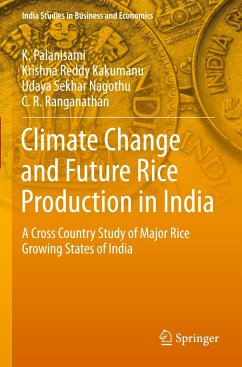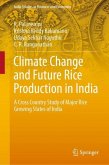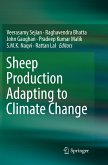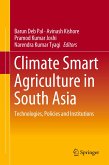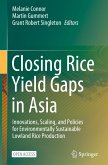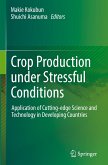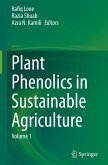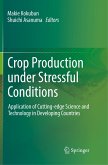This book explains in depth the issues and challenges faced by rice farmers in India in relation to production and productivity, and the possible adaptation strategies to climate change.
Based on five years of groundbreaking research on emerging trends in cultivation in major rice growing regions in India, it begins by describing production and yield trends across different rice growing regions. It then offers a comprehensive review of relevant literature and the quantification methodologies and approaches used to analyze the impact of climate change. The book also analyzes climate change impacts on rice productivity and production, applying field-tested quantification methods, such as the Just-Pope production function where time series and cross-section data are simultaneously used for all regions. The results are presented for five geographical regions of India - northern, eastern, western, central and southern - for better comparison and readability. The analysescover scenarios for both mid-century (2021-2050) and end-century (2071-2100), and in the context of climate change, they also incorporate both medium and high carbon emission scenarios. Thus the future rice production and productivity trends are clearly projected for making necessary interventions. Lastly, the book outlines the essentials of an enabling environment policy and discusses the institutional and policy options necessary to ensure sustainable rice production in India. It also makes the case for introducing appropriate and affordable adaptation strategies to support farmers in different rice-growing regions.
The cost-benefit analysis of strategies presented in this book provides an invaluable tool for officials at agriculture departments planning up-scaling of agricultural productivity. The projections are also useful for policy makers and planners developing future investment plans to support rice production in their country. Overall, this book is of interest to a wide audience, including professionals and business enterprises dealing with rice, as well as to academic researchers and students.
Based on five years of groundbreaking research on emerging trends in cultivation in major rice growing regions in India, it begins by describing production and yield trends across different rice growing regions. It then offers a comprehensive review of relevant literature and the quantification methodologies and approaches used to analyze the impact of climate change. The book also analyzes climate change impacts on rice productivity and production, applying field-tested quantification methods, such as the Just-Pope production function where time series and cross-section data are simultaneously used for all regions. The results are presented for five geographical regions of India - northern, eastern, western, central and southern - for better comparison and readability. The analysescover scenarios for both mid-century (2021-2050) and end-century (2071-2100), and in the context of climate change, they also incorporate both medium and high carbon emission scenarios. Thus the future rice production and productivity trends are clearly projected for making necessary interventions. Lastly, the book outlines the essentials of an enabling environment policy and discusses the institutional and policy options necessary to ensure sustainable rice production in India. It also makes the case for introducing appropriate and affordable adaptation strategies to support farmers in different rice-growing regions.
The cost-benefit analysis of strategies presented in this book provides an invaluable tool for officials at agriculture departments planning up-scaling of agricultural productivity. The projections are also useful for policy makers and planners developing future investment plans to support rice production in their country. Overall, this book is of interest to a wide audience, including professionals and business enterprises dealing with rice, as well as to academic researchers and students.

